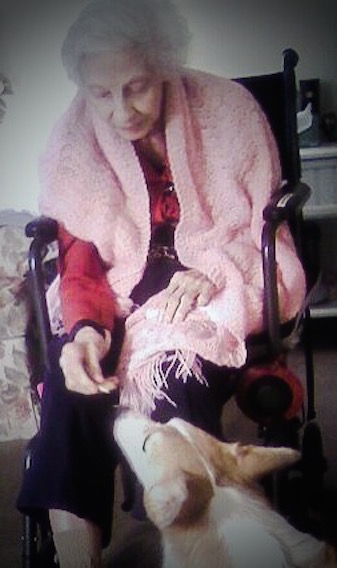Learning the Meaning of Care
I was nervous. I had never been this close to someone who was about to die. I introduced myself, but the patient was non-responsive. I told her that I was going to sit with her and that I would stay for a few hours. As I sat down, I noticed her breathing–it was irregular, and each breath sounded like she was slowly and painfully drowning. Almost trying to distract myself from her breathing, I studied her face. The structure of her face–her jaw- and cheekbones–was well defined. My eyes wandered from her head to her shoulders and along her arms, and then I saw her hands.
Learning the Meaning of Care Read More »

